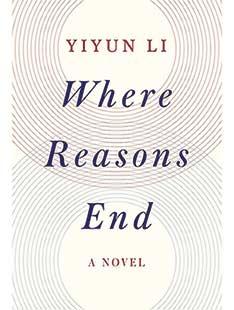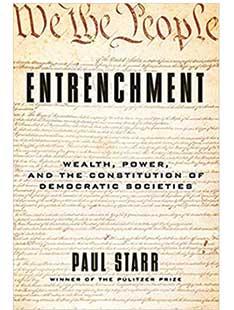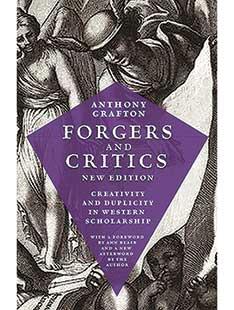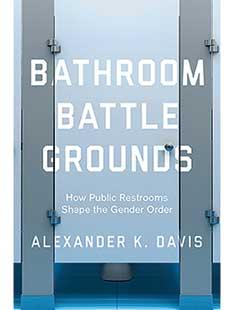In today’s political climate, entrenchment — efforts to implement change in ways opponents will find difficult to reverse — is at the heart of new laws and court cases. In Entrenchment: Wealth, Power, and the Constitution of Democratic Societies (Yale University Press), Professor of Sociology Paul Starr analyzes historical examples, such as abolishing slavery, and examines how societal changes become hard to reverse in contemporary democracies.
In Forgers and Critics: Creativity and Duplicity in Western Scholarship, New Edition (Princeton University Press), Professor of History Anthony Grafton argues that forgeries throughout history have ultimately led to a more thorough and skillful tradition of scholarship since scholars must become experts in identifying fakes.
Bathroom Battlegrounds: How Public Restrooms Shape the Gender Order (University of California Press) tracks the importance of the restroom across American history as a key location for cultural hallmarks. Alexander K. Davis *16, lecturer in gender and sexuality studies, demonstrates how the gendered American public restroom has more than 200 years’ worth of history and conflict, covering everything from transgender inclusion to social status.
So You Want to Sing Early Music: A Guide for Performers (Rowman & Littlefield Publishers) is an instructional guide by Martha Elliott ’82, lecturer in music. Elliot combines historical context with stylistic techniques to provide recommendations and guidance for performing 17th- and 18th-century musical pieces.
In The Torture Letters: Reckoning with Police Violence (University of Chicago Press), Laurence Ralph, professor of anthropology, details the extensive history of torture used by the Chicago Police Department, largely against black suspects. Drawing from research and the testimonies of victims, retired officers, and lawyers, Ralph challenges Americans to demand an end to the systems that abet police violence.






